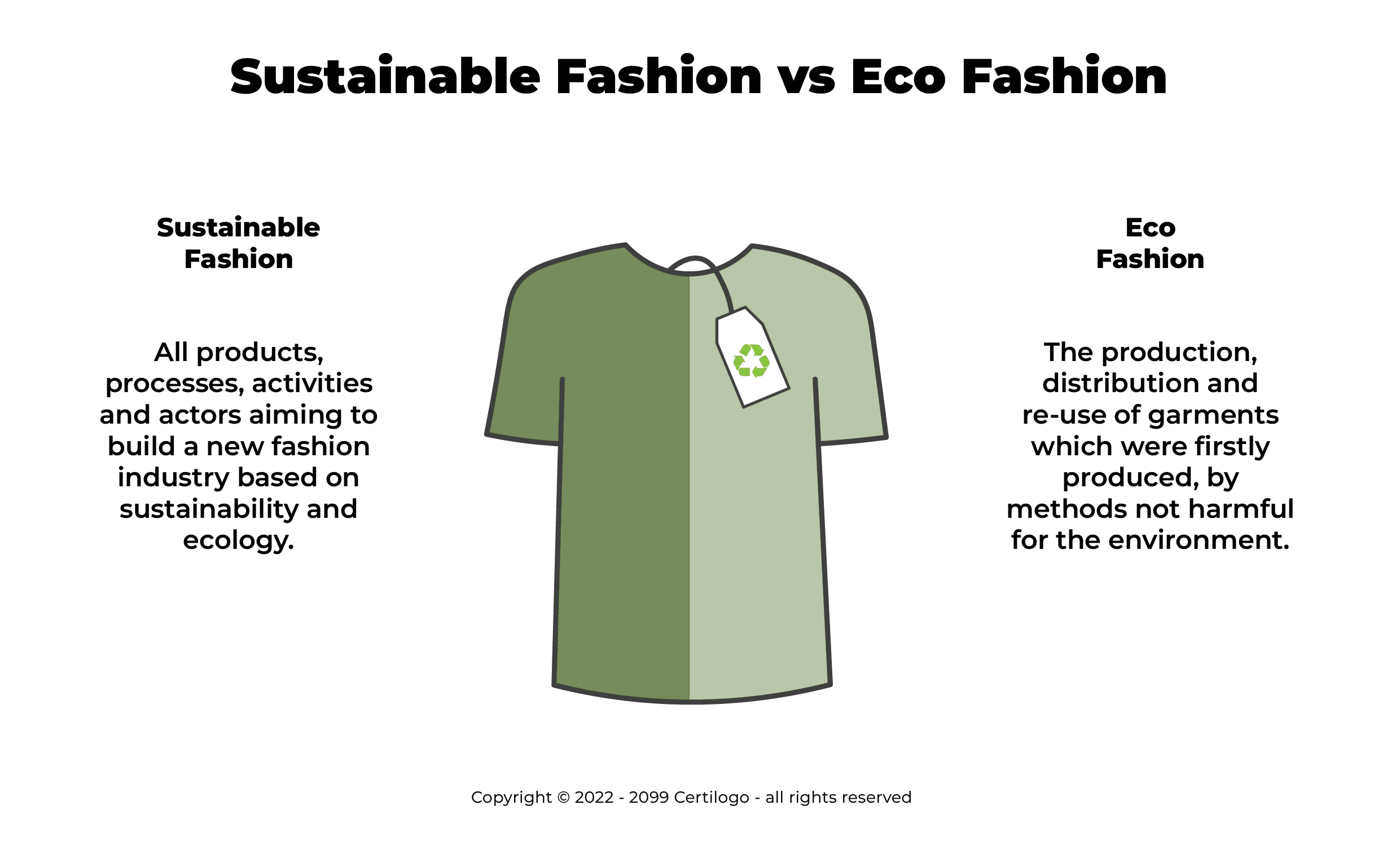Who is Marlene Ambo-Rasmussen? Marlene Ambo-Rasmussen is a trailblazing Danish entrepreneur and leader in sustainable fashion. As the CEO of Ganni, a renowned Copenhagen-based fashion brand, she has revolutionized the industry by prioritizing sustainability and ethical practices.
Editor's Notes: Marlene Ambo-Rasmussen is an inspirational figure in the sustainable fashion movement. Her story and the impact of her work have been widely recognized and celebrated, making her a sought-after speaker and thought leader on sustainability in the fashion industry.
After extensive analysis and research, we've compiled this guide to Marlene Ambo-Rasmussen and her contributions to sustainable fashion. Our goal is to provide valuable insights that can benefit designers, consumers, and anyone interested in driving positive change in the fashion industry.
| Key Differences | Takeways |
|---|---|
| Sustainability Focus | Ganni under Ambo-Rasmussen's leadership has consistently prioritized sustainability by using eco-friendly materials, reducing waste, and promoting ethical production practices. |
| Transparency | Ganni is known for its transparent approach to sustainability, providing detailed information about its environmental and social initiatives. |
| Consumer Engagement | Ambo-Rasmussen believes in educating consumers about sustainability and empowering them to make informed choices through campaigns and initiatives. |
| Innovation | Ganni has been recognized for its innovative approach to sustainable fashion, exploring new materials and technologies to reduce its environmental impact. |
Main Article Topics:
FAQs
This section provides essential information about Marlene Ambo-Rasmussen, a leading entrepreneur in sustainable fashion. Here, various questions are addressed to offer a comprehensive understanding of her contributions to the industry.

Meet a Saudi entrepreneur with a sustainable solution - bentrepreneur - Source bentrepreneur.biz
Q: What are the key principles guiding Marlene Ambo-Rasmussen's approach to sustainable fashion?
A: Central to her philosophy is the belief that sustainability encompasses both environmental and social considerations. She emphasizes ethical production practices, minimizing waste, and promoting transparency throughout the supply chain.
Q: How has Marlene Ambo-Rasmussen's work influenced the fashion industry?
A: Her pioneering efforts have raised awareness about the urgent need for sustainable practices and have inspired a shift towards a more responsible and eco-conscious approach to fashion. Her leadership has encouraged other designers and brands to embrace similar values.
Q: What specific actions has Marlene Ambo-Rasmussen taken to promote sustainability?
A: Besides establishing ethical and transparent supply chains, she has implemented innovative initiatives. These include using recycled materials, developing circular business models, and collaborating with organizations working towards positive environmental and social change.
Q: What challenges and opportunities does Marlene Ambo-Rasmussen foresee for the sustainable fashion sector?
A: She recognizes the need for increased collaboration, education, and investment to drive meaningful progress. However, she also highlights the immense potential for sustainable fashion to create positive change, fostering a more equitable and environmentally conscious industry.
Q: Why is Marlene Ambo-Rasmussen's work particularly significant in the context of luxury fashion?
A: The luxury sector has a profound impact on the fashion industry, and Marlene Ambo-Rasmussen's efforts have demonstrated that sustainable practices are compatible with luxury and high-quality design. Her work challenges the notion that sustainability must compromise aesthetics or exclusivity.
Q: What does the future hold for Marlene Ambo-Rasmussen and sustainable fashion?
A: She continues to play a pivotal role in the ongoing evolution of sustainable fashion. Her unwavering commitment to innovation and collaboration suggests that she will remain a driving force in shaping a more responsible and sustainable industry for the future.
In conclusion, Marlene Ambo-Rasmussen's work in sustainable fashion has had a profound impact, demonstrating the viability of ethical and environmentally conscious practices. Her contributions have inspired the industry to embrace positive change, creating a more sustainable and responsible future for fashion.
Transitioning to the next article section...
Tips by Marlene Ambo-Rasmussen: Trailblazing Danish Entrepreneur In Sustainable Fashion
As a pioneer in sustainable fashion, Marlene Ambo-Rasmussen offers valuable insights for businesses and individuals seeking to reduce their environmental impact. Here are some tips inspired by her expertise:
Tip 1: Prioritize Transparency and Traceability
To ensure ethical practices, establish clear supply chains and track the journey of raw materials from source to production. This accountability promotes responsible sourcing and allows consumers to make informed choices.
Tip 2: Implement Circularity
Design products with end-of-life considerations, exploring innovative materials and take-back programs. By extending product lifespans and minimizing waste, businesses can move towards a zero-waste future.
Tip 3: Collaborate for Impact
Foster partnerships with suppliers, researchers, and non-profits to accelerate progress in sustainability. Collective efforts amplify impact and drive innovation, leading to more effective solutions.
Tip 4: Educate and Engage Consumers
Empower customers with knowledge about sustainable practices and the environmental benefits of responsible choices. Transparent labeling and educational campaigns can shift consumer behavior towards mindful consumption.
Tip 5: Embrace Innovation and Technology
Explore technological advancements to enhance sustainability. Sustainable textiles, biodegradability, and digital platforms can streamline processes, reduce waste, and promote transparency.
By implementing these tips, businesses and individuals can contribute to a more sustainable and responsible fashion industry.
Marlene Ambo-Rasmussen: Trailblazing Danish Entrepreneur In Sustainable Fashion
Marlene Ambo-Rasmussen's journey in sustainable fashion exemplifies innovation, leadership, collaboration, impact, resilience, and global recognition. These key aspects highlight her significant contributions to the industry and its transformation towards a more sustainable future.
- Innovation: Pioneering circular fashion models and material advancements.
- Leadership: Driving change through industry collaborations and advocacy.
- Collaboration: Fostering partnerships for sustainable supply chains and design solutions.
- Impact: Reducing fashion's environmental footprint while empowering local communities.
- Resilience: Overcoming challenges and adapting to industry disruptions.
- Global Recognition: Receiving prestigious awards and inspiring industry leaders.
Marlene Ambo-Rasmussen's work embodies the interconnectedness of these aspects. Her innovative approaches have led to tangible impacts on sustainability, inspiring others to follow suit. Through her leadership and collaboration, she has mobilized the fashion industry towards positive change. Her resilience and global recognition are testaments to her dedication and the transformative power of sustainable fashion.

What's the difference between sustainable fashion and eco fashion? - Source discover.certilogo.com
Marlene Ambo-Rasmussen: Trailblazing Danish Entrepreneur In Sustainable Fashion
Marlene Ambo-Rasmussen is a Danish entrepreneur who has been at the forefront of sustainable fashion for over two decades. She is the founder and CEO of the sustainable fashion brand, Ganni, which has become one of the most successful and well-respected brands in the industry. Rasmussen's commitment to sustainability has been a driving force behind her success, and she has been recognized for her work with numerous awards, including the Global Fashion Agenda's CEO Agenda Setter of the Year in 2019.

Hanneli Rupert is the trailblazing founder and social impact champion - Source www.pinterest.com
Rasmussen's journey into sustainable fashion began in the early 1990s, when she was working as a fashion buyer in Copenhagen. She was shocked by the waste and pollution that she saw in the fashion industry, and she decided to do something about it. In 2000, she co-founded Ganni with her husband, Nicolaj Reffstrup. The brand's mission was to create sustainable fashion that was both stylish and affordable.
Rasmussen's approach to sustainability is based on three key principles: using sustainable materials, reducing waste, and empowering people. Ganni uses a variety of sustainable materials, including organic cotton, recycled polyester, and Tencel. The brand also has a strong commitment to reducing waste, and it has implemented a number of initiatives to reduce its environmental impact, such as using recycled packaging and offering a repair service for its products.
Rasmussen is also passionate about empowering people, and she believes that sustainable fashion can be a force for good in the world. Ganni works with a number of social enterprises, and it supports a variety of initiatives that promote sustainability and social justice.
Rasmussen's work has had a significant impact on the fashion industry. Ganni is now one of the most successful sustainable fashion brands in the world, and it has inspired other brands to adopt more sustainable practices. Rasmussen has also been a vocal advocate for sustainability in the fashion industry, and she has spoken at numerous conferences and events about the importance of creating a more sustainable future for fashion.
Conclusion
Marlene Ambo-Rasmussen is a true pioneer in the field of sustainable fashion. Her work has helped to change the way that we think about fashion, and she has inspired others to adopt more sustainable practices. Rasmussen's commitment to sustainability is an example to us all, and it shows that it is possible to create a more sustainable future for fashion.
Rasmussen's work is a reminder that we all have a role to play in creating a more sustainable world. By making more sustainable choices in our everyday lives, we can help to reduce our impact on the environment and create a better future for ourselves and for generations to come.



